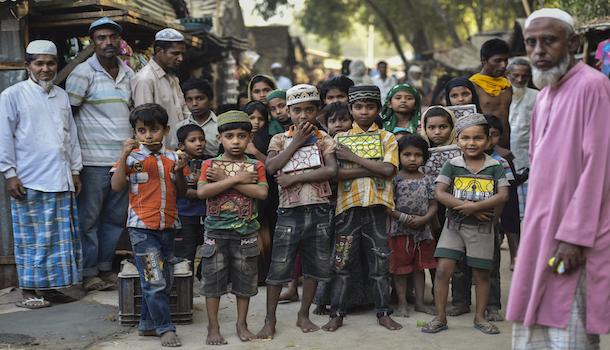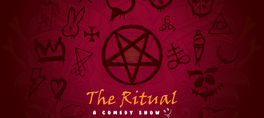In late August, approximately 650,000 Rohingya fled their villages as their homes were set on fire and the Myanmar military began attacking civilians. The military claims it was fighting insurgents and is not responsible for the destruction. However, there has been tension in the past between the Myanmar government and the Rohingya, and violence against this population has forced their displacement since the 1960s.
The government views the Rohingya as illegal immigrants from Bangladesh and, following a violent outbreak in 2012, they were forced to take refuge in one of the poorest regions of the country. After the most recent violence, the group escaped to Bangladesh where around 200,000 Rohingya currently live, many of whom are refugees forced to flee Myanmar because of communal violence and abuses by security forces.
What is the role of humanitarian aid in this situation and what will be required to serve these displaced people in the long-term? While the population has sought refuge in Bangladesh, will this become their new home or will they be forced to return to Myanmar? How did BRAC, the Bangladeshi non-governmental organization, quickly mobilize to serve more than 500,000 refugees in just a few months?
BRAC is a global leader in developing and implementing cost-effective, evidence-based programs to assist the most marginalized people in extremely poor, conflict-prone, and post-disaster settings. These include initiatives in education, healthcare, microfinance, girls’ empowerment, agriculture, human and legal rights, and more. In 2016, BRAC employed more than 110,000 people in 11 countries, with a total global expenditure of more than $1 billion, the majority of which is self-financed. Dr. Muhammad Musa, the Executive Director of BRAC, will join us to discuss the long-term effects of violence and displacement which the Rohingya have endured.
SPEAKER:
Muhammad MusaExecutive Director, BRAC
MODERATOR:
Jane WalesCEO, World Affairs and Global Philanthropy Forum; Vice President, The Aspen Institute
In late August, approximately 650,000 Rohingya fled their villages as their homes were set on fire and the Myanmar military began attacking civilians. The military claims it was fighting insurgents and is not responsible for the destruction. However, there has been tension in the past between the Myanmar government and the Rohingya, and violence against this population has forced their displacement since the 1960s.
The government views the Rohingya as illegal immigrants from Bangladesh and, following a violent outbreak in 2012, they were forced to take refuge in one of the poorest regions of the country. After the most recent violence, the group escaped to Bangladesh where around 200,000 Rohingya currently live, many of whom are refugees forced to flee Myanmar because of communal violence and abuses by security forces.
What is the role of humanitarian aid in this situation and what will be required to serve these displaced people in the long-term? While the population has sought refuge in Bangladesh, will this become their new home or will they be forced to return to Myanmar? How did BRAC, the Bangladeshi non-governmental organization, quickly mobilize to serve more than 500,000 refugees in just a few months?
BRAC is a global leader in developing and implementing cost-effective, evidence-based programs to assist the most marginalized people in extremely poor, conflict-prone, and post-disaster settings. These include initiatives in education, healthcare, microfinance, girls’ empowerment, agriculture, human and legal rights, and more. In 2016, BRAC employed more than 110,000 people in 11 countries, with a total global expenditure of more than $1 billion, the majority of which is self-financed. Dr. Muhammad Musa, the Executive Director of BRAC, will join us to discuss the long-term effects of violence and displacement which the Rohingya have endured.
SPEAKER:
Muhammad MusaExecutive Director, BRAC
MODERATOR:
Jane WalesCEO, World Affairs and Global Philanthropy Forum; Vice President, The Aspen Institute
show less
Date/Times:
312 Sutter Street, 2nd Floor , San Francisco, CA 94108
The Best Events
Every Week in Your Inbox
From Our Sponsors
UPCOMING EVENTS
Great suggestion! We'll be in touch.
Event reviewed successfully.









